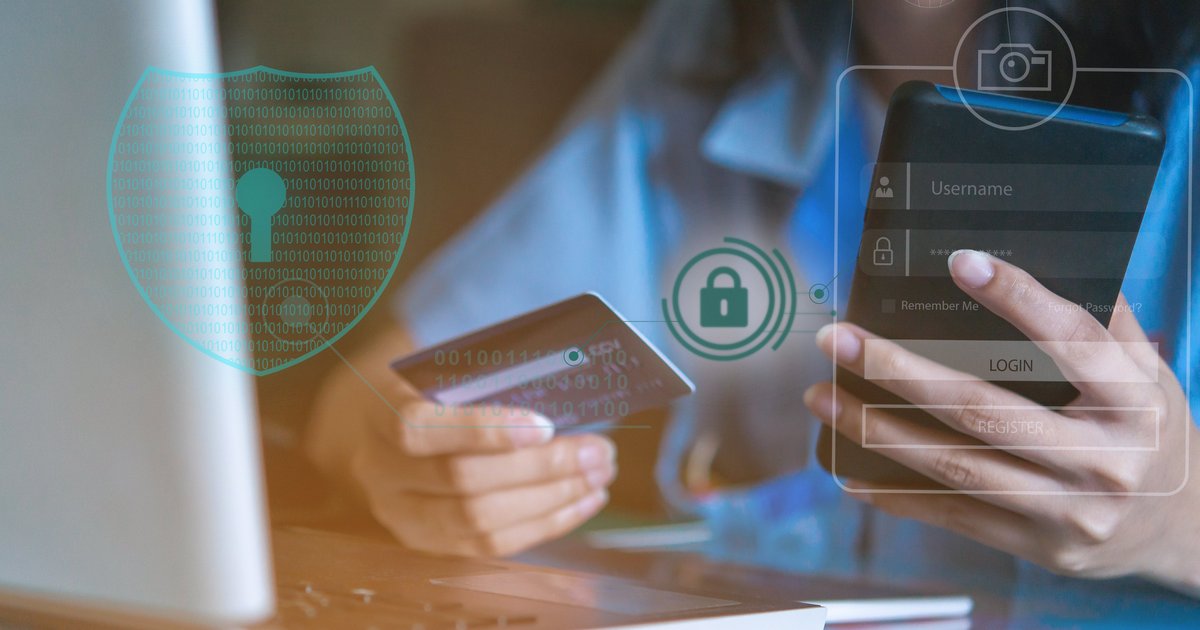Digital payment adoption in Kuwait has accelerated rapidly, bringing a wave of trans formative change to consumer behaviour. From traditional preferences for cash to embracing fast, secure, and convenient payment methods, Kuwaiti consumers are rewriting how they shop, save, and engage with businesses.
The Rise of a Cashless Culture
More consumers in Kuwait now prefer mobile wallets, contactless cards, and QR based apps. This shift reflects not only modernisation but also a growing confidence that digital platforms are reliable. With widespread smartphone usage and robust digital infrastructure, paying via apps has gone from novelty to everyday expectation.
Convenience That Changes Daily Life
Digital payments offer tremendous convenience. No longer bound by ATM queues, shoppers can simply tap their phones or cards to settle bills in seconds. From grocery stores to cafes to government services, transactions feel faster and more seamless, shaping choices, frequency, and enjoyment of everyday spending.
Security That Builds Trust
Consumers often worry about revealing card details or being vulnerable to fraud. Yet in Kuwait, advanced encryption and authentication features like OTPs, biometrics, and tokenization have built confidence. Many feel more secure tapping their phones than handing over cash. As trust grows, more people are experimenting with new apps and digital experiences.

Spending Patterns Evolve with Digital Insights
Digital payments come bundled with insights. Digital wallets and banking apps offer spending trackers, categorised budgets, and real time notifications. This transparency arms consumers with data, helping them understand where money goes, adjust habits, and even set savings goals. It is consumer empowerment through information.
The Boom of Online Shopping and Services
E commerce and online services thrive on digital payments. Kuwait’s consumers are now comfortable ordering groceries, fashion, entertainment, and even paying utility bills online. The ease of checkout combined with loyalty rewards and promotions has transformed expectations. Shopping is accessible anytime from anywhere.
Small Businesses Embracing Big Change
Not just consumers, small vendors, food stalls, local salons, and kiosks have adopted digital acceptances like mobile POS devices. Even corner stores now display QR codes for payment. This democratisation allows small merchants to reach more customers and offer flexible, quick payment options.
Loyalty and Rewards Fuel More Adoption
Many platforms in Kuwait now offer cashback, promotions, and loyalty points tied to digital payments. Shoppers respond enthusiastically, often choosing one app over another based on the rewards perks. That positive reinforcement loops back into even deeper habits. Paying digitally becomes both efficient and gratifying.

Targeting Younger Generations Winning Hearts
Younger Kuwaiti consumers, millennial and Gen Z, naturally gravitate toward digital payments. For them, carrying wallets feels cumbersome and budgeting through apps feels intuitive. Their preferences influence older generations, creating a cultural momentum where digital payments become the norm across age groups.
Impact on Financial Inclusion and Access
Digital payments are helping broaden financial inclusion. Many people who once lacked access to bank branches or credit cards can now participate using simple mobile wallet setups. Entrepreneurs, gig workers, and casual vendors all gain more visibility and cash flow as digital tools expand access.
Environmental Benefits and Reduced Waste
Less dependence on paper bills and plastic cards means reduced waste. Digital receipts cut down on printed slips, and environments become greener. Consumers feel good knowing their daily habits are a nod toward sustainability, adding an Eco friendly dimension to payment choices.
Challenges and Opportunities Ahead
While the benefits are clear, challenges remain. Digital literacy gaps, concerns around data privacy, and uneven internet access still exist. However, targeted education campaigns, improved network reach, and ongoing app enhancements are steadily bridging these gaps, creating opportunities for broader, more inclusive uptake.
What This Means for the Future of Consumption
With digital payments firmly embedded, consumer behaviour continues evolving. More spontaneous purchases, faster decision cycles, and increased comfort exploring new services. Kuwaiti consumers expect value and ease, and brands that meet those expectations digitally win loyalty, trust, and growth.
Humanizing the Experience Stories Behind the Tap
Imagine Laila, a busy mom, paying for groceries via app while picking her kids up from school. No fumbling for wallets, no searching for change. Or Saif, a student using promotions in a wallet app to save on appointments, drinks, and transit rides. These everyday moments illustrate how digital tools free time, reduce hassle, and enhance quality of life.
Conclusion
Digital payment adoption in Kuwait is not just a technological shift, it is a cultural transformation. Consumers now expect speed, security, insight, and rewards in every transaction. As digital payment platforms deepen their reach, they humanise finance, empower individuals, and reshape behaviour in ways that extend far beyond the point of sale. The future in Kuwait is not just cashless, it is smarter, smoother, and more connected.
Do follow Gulf Magazine on Instagram.
Also Read – Biometric Authentication in Oman Banking: Transforming Security and Customer Experience



